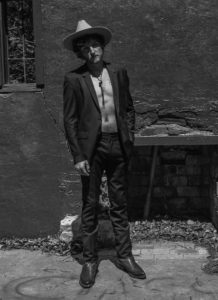
“Curious Box Of Wayward Songs” would make a great title for a future John Calvin Abney record even if it doesn’t accurately describe the way the singer/songwriter makes art. Meticulous in not only the way he creates music but also in how he delivers it and packages the individual songs together, the multi-instrumentalist has crafted a delicious 10-course meal for the soul with his latest album, “Safe Passage.”
Perfectly positioned so that each song takes you on a continuously looping journey, the new album is a front-to-back artistic assemblage that is a callback to classic albums that Abney himself has worn out on the turntable such as Bob Dylan’s “Blood On The Tracks.” And while there were some 20 other songs that ultimately didn’t make the record and instead ended up in his curious box of wayward songs, the Norman, Oklahoma native is never sorry to see them go.
“Sometimes, I’ll write a song and no one will ever, ever hear it, no damn person in the world, but then maybe six months later, a year later, two years later, I’ll hear that song and it’ll push me in the direction of writing a new song,” he said in an exclusive interview with TrunkSpace.
We recently sat down with Abney to discuss evolving with his music, the short-attention span culture, and our lost connection to physical media.
TrunkSpace: “Safe Passage” is the kind of album that you can put on and just let roll. It takes you out of your day and delivers you to a completely different place.
Abney: Oh, that is just the best news, man. That’s what I try to aim for.
TrunkSpace: How do you deal with taking something that you’ve spent so much time, energy, and have so much personal stake in, and then release it into the world where you have to relinquish control?
Abney: That is the funniest question because I remember hearing it the first time I ever made a record. I released a bunch of EPs when I was younger that, I hope will never ever see the light of day again, but one of the very first things I heard about studio work is that you never really finish a record. You abandon it, and you just honestly have to give up – give up what the album was to you and what it is to you – in order to evolve with it. In order to move on with it. In order to allow people to graph to it – to you. They graph their own experiences onto what your creation is or however you channeled the songs or album.
TrunkSpace: And then as listeners, you graph your own memories to those songs as well. They become a part of your life.
Abney: Exactly, and the more you try to force, push and pull, and try to keep the album under your own thumb – trying to keep the album under your roof – the less that people can find themselves in whatever you’re putting forth.
TrunkSpace: Your last album “Coyote” was released in 2018. That’s not a lot of time between albums, but for you, what was the creative time in-between the two like?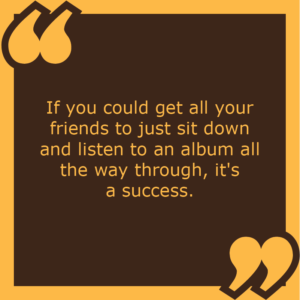
Abney: “Coyote” came to me in a different way than “Safe Passage” did. I wrote “Coyote” nearly, I’d say, 75 percent of that record was written in hotel rooms, or in a van. A lot of “Safe Passage” was written on long walks and on visits to family. I probably wrote 30 songs for “Safe Passage,” but “Coyote” just feels like a totally different beast to me. “Coyote” came to me pretty damn fast. It took me longer to get “Safe Passage” together. We went into the studio for one session, and recorded about 13 songs, and when I was done, all I could think to myself was, “You know what? This isn’t done.” I felt an incompleteness to what I wanted to convey, or encapsulate, within the piece of work which hadn’t been achieved yet. I went back into the studio about a month later and, during the month period leading up to that, I wrote “Kind Days,” “Soft Rain After All,” “Typeface In Bold” and four other songs, and that’s when it felt done. I finished that session, and I knew we had the songs.
TrunkSpace: You mentioned writing about 30 songs for “Safe Passage.” Will those songs that didn’t make the record live on or as an artist, can you walk away from a song and leave it behind?
Abney: I have walked away from many songs. It’s like anything. It’s a place or a person, or a routine in your life that sometimes something happens, or there’s a place or a person that maybe you don’t understand at the time that you can’t fully grasp. It helps you move in a direction towards maybe a new song, or a new place or a new direction, or a new person or a new event in your life that’s going to keep you moving forward. Sometimes, I’ll write a song and no one will ever, ever hear it, no damn person in the world, but then maybe six months later, a year later, two years later, I’ll hear that song and it’ll push me in the direction of writing a new song.
Or it will stay hidden in the trunk of oddities. (Laughter)
TrunkSpace: But there’s got to be something kind of cool about that. In a world where so many people are sampling and tasting content in smaller doses…
Abney: It’s driving me crazy, man.
TrunkSpace: No one sits down and enjoys an album in how it was supposed to be made, so that process of picking what’s right and leaving behind what’s not is a lost art form.
Abney: Without a doubt. Without a doubt, and it’s already driving me crazy. It’s something that I vehemently despise, the fact that no one can sit down and listen to a record all the way through anymore.
TrunkSpace: Which is why it’s great to see vinyl continuing its renaissance because, those who are listing to a record in that format are listing to THE RECORD, and that’s what we felt “Safe Passage” was made for – a front-to-back experience.
Abney: See, that’s it. That’s it, and that is the art form that I want to preserve. “Coyote” was the exact same way. I felt “Coyote” was the same way for me, in that you could sit down and listen to “Coyote” and finish it, and it would start over again, and you wouldn’t even know it started over again.
TrunkSpace: That has happened for us with “Safe Passage,” and it’s a seamless transition. It’s almost as if it was made to come back around again, the way the first and last songs bookend the collection as a whole.
Abney: There’s a true art to that, man. There’s an art to the sequence. There’s an art to the arrangement. When you listen to “Maybe Happy,” and it starts over again, there’s little things that most people don’t know like, “Maybe Happy” and “I Just Want to Feel Good” are in the same key. All of a sudden it resolves at the end of “Maybe Happy” and if you’ve got repeat on, or your vinyl kicks, you know you have to flip your record. “I Just Want to Feel Good” just sounds like a continuation and vice versa. You listen to the center and to “Backwards Spring,” it ends on a big E major chord, and then all of a sudden you flip your record, and “Honest Liar” kicks in with the drum machine, and all of a sudden the song has an E chord too. It’s musical, but it’s also emotional. There’s feelings in it that link.
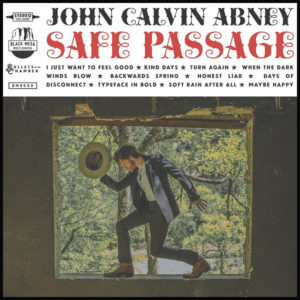 It’s a journey, man. If you could get all your friends to just sit down and listen to an album all the way through, it’s a success. If you can get a group of people to sit down, and have a beverage or without talking, or you’re just being able to comment on any record. “Blood On The Tracks” is one of my favorite records of all time, and I can listen to that record front to back every single day on my life, because it really is front to back. It encapsulates that part of Dylan’s life. All the classics. “Harvest” by Neil Young. I mean, that is front to back! You’re like, “Fuck, man!” Those are all records that you really can just get through. I really especially like that new The War on Drugs record, “Deeper Understanding.” That record… Oh my God! It’s like you get all the good feelings of Dylan and all of the while, beautiful sounds and crazy explorative stuff, but at the core of it all, it’s this emotion that carries through that entire record, and you can listen to it front to back, and by the end of it, it’s one single unit. It could be 30 songs, but it’s one single thing.
It’s a journey, man. If you could get all your friends to just sit down and listen to an album all the way through, it’s a success. If you can get a group of people to sit down, and have a beverage or without talking, or you’re just being able to comment on any record. “Blood On The Tracks” is one of my favorite records of all time, and I can listen to that record front to back every single day on my life, because it really is front to back. It encapsulates that part of Dylan’s life. All the classics. “Harvest” by Neil Young. I mean, that is front to back! You’re like, “Fuck, man!” Those are all records that you really can just get through. I really especially like that new The War on Drugs record, “Deeper Understanding.” That record… Oh my God! It’s like you get all the good feelings of Dylan and all of the while, beautiful sounds and crazy explorative stuff, but at the core of it all, it’s this emotion that carries through that entire record, and you can listen to it front to back, and by the end of it, it’s one single unit. It could be 30 songs, but it’s one single thing.
TrunkSpace: And a lot of that has sort of been lost. We’re in a singles culture right now, and while those singles might work individually, you could put them all on a Greatest Hits album and they just wouldn’t feel like they belong together.
Abney: Exactly, and that’s another thing. The whole Spotify… the paradigm shift into just streaming. I don’t think physical media is going to die, but I feel like we’re going to lose interest in what physical media once stood for, and that was a book that you can’t tear one chapter out of, and immediately get the full flavor of the book. I can’t open my copy of “A Moveable Feast,” and then rip out the final chapter and say, “I get this book.” Oh gosh, my brain is just mush.
TrunkSpace: And with music, yes, you don’t need a physical product to hear it, but sometimes you need to hold the album to feel it… to cement yourself in that moment of listening to it.
Abney: Oh, without a doubt, and that’s the kind of stuff that sticks with you. If you have a playlist, or a song on Spotify, amazing, but that one song is among a bunch of other, real great songs, but everything seems so disparate. It seems scattered. It seems like you can’t fully understand the emotion of a whole body of work by taking one song. Spotify is a great discovery tool, but to have an album, to look at the photos and watch the cover get beat up and then slide in the warping vinyl… or a CD, or a tape… it’s the little things that make that one piece of art. It just grows with you, man.
TrunkSpace: Is this why you chose to self-produce “Safe Passage,” to put this kind of care into the exploration of the songs beyond the songs themselves?
Abney: Yes. With my past three full lengths, I’ve produced all three. John Moreland has been a friend of mine for a long time, and when I was doing my first LP, which is going to stay out of print, but we did it in 2014 or 2013 at Tiny Telephone in San Francisco. We were all just younger then, so we could make 24 hour drives in one day, and John Moreland and I, and my buddy Kyle, we all just drove to San Francisco. We all just packed up our trucks, and just drove to San Francisco and made a record, and John helped me produce it because I didn’t have a lot of experience doing anything outside of my bedroom tape machine. At that point in my life, I had worked on probably 20 records, but I didn’t have enough experience producing a record. Now I’ve been in a situation where I’ve worked with so many producers, and so many artists on so many records, that I’ve developed my own way of going about working on the arrangements of songs, and the placement of songs, and the way a song should or shouldn’t breathe, where it should be.
TrunkSpace: Does songwriter John ever butt heads with producer John in terms of what you want creatively and what you want technically?
Abney: Oh hell yeah. I’ve been in the studio before, and I’ve been arranging the tune – I like to do full band live recording – and I’ll be sitting there and I’ll look at the lyrics sheet and I will just cross out an entire verse that I love right off the page and say, “All right, you guys after the second verse, we’re going to do a chorus, and then instead of a third verse, we’re just going to do half a solo, and then we’re going to go right into a double chorus.” And that verse will disappear into my books, and maybe I’ll use it for something else, if there’s an emotion or a feeling that I want to convey in another song or in a piece of prose or something, and I’ll save that for later in my curious box of wayward songs.
“Safe Passage” is available now on Black Mesa Records.


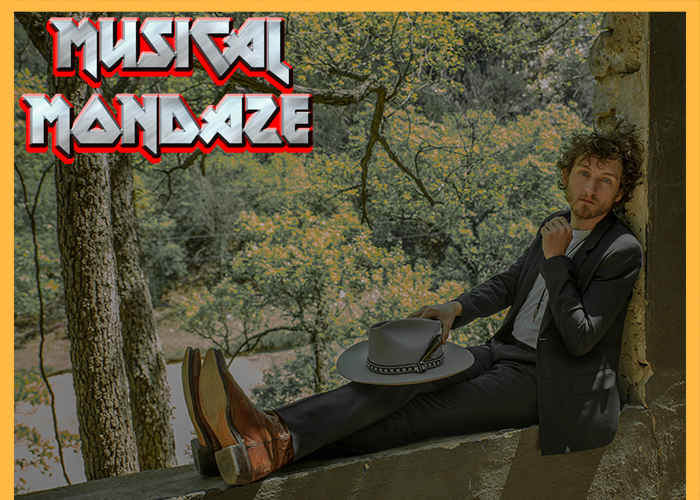
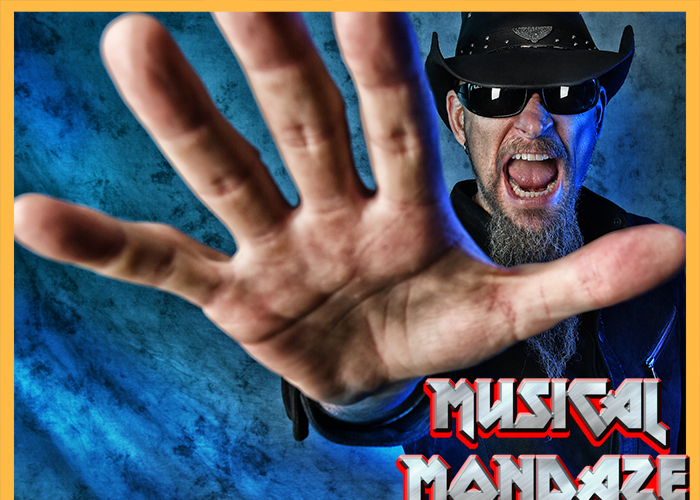
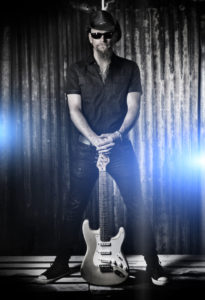 A
A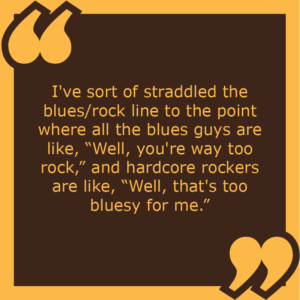 there would be two or three bands
there would be two or three bands 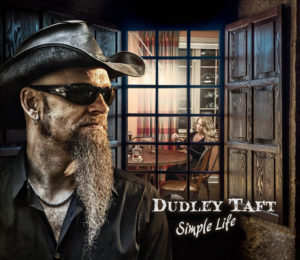 TrunkSpace
TrunkSpace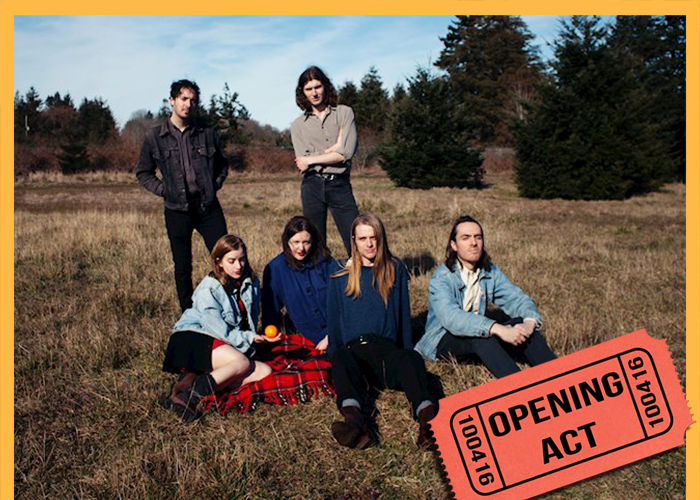
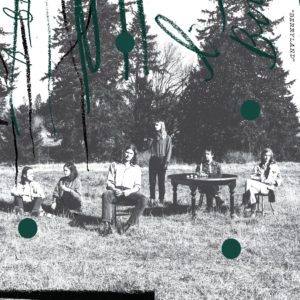 Artist: The Berries
Artist: The Berries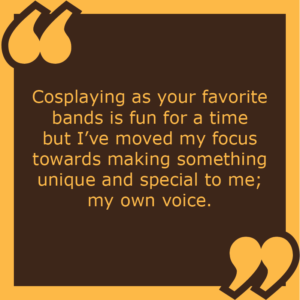 Sick” and “DYWIB.” My love for styles of music from the ‘60s and ‘70s led to songs like “Fruit,” “Lowest Form of Life” or “Pedestal.” The influence is all there quite heavily, but I think there are qualities to this record that only I could have produced and that feels special. Cosplaying as your favorite bands is fun for a time but I’ve moved my focus towards making something unique and special to me; my own voice. I don’t think I quite got there on this record, but I’m getting close.
Sick” and “DYWIB.” My love for styles of music from the ‘60s and ‘70s led to songs like “Fruit,” “Lowest Form of Life” or “Pedestal.” The influence is all there quite heavily, but I think there are qualities to this record that only I could have produced and that feels special. Cosplaying as your favorite bands is fun for a time but I’ve moved my focus towards making something unique and special to me; my own voice. I don’t think I quite got there on this record, but I’m getting close.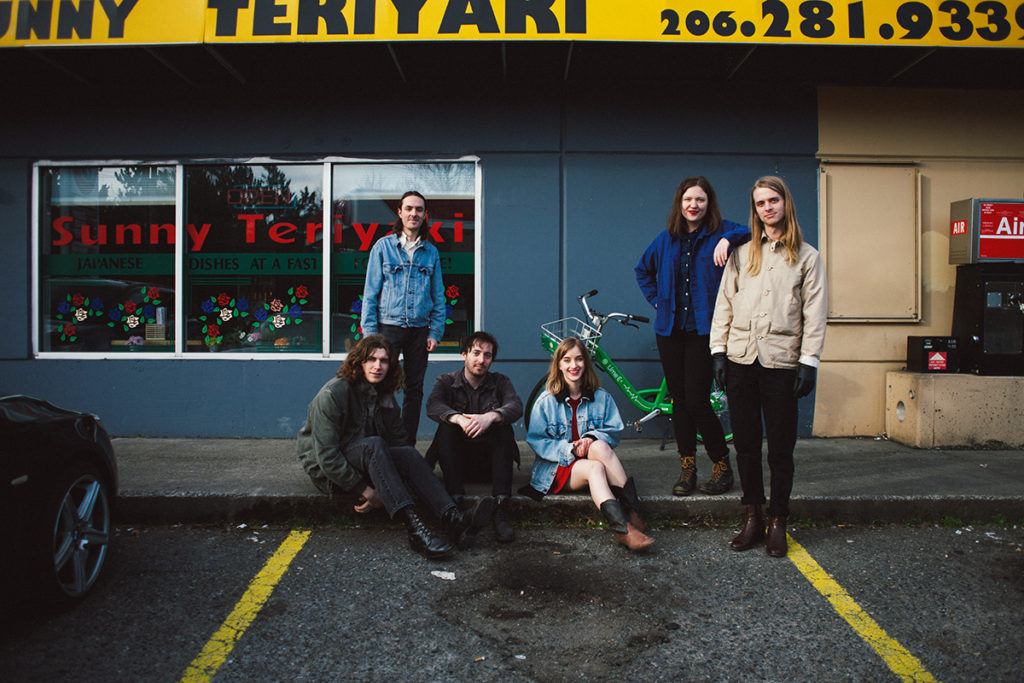
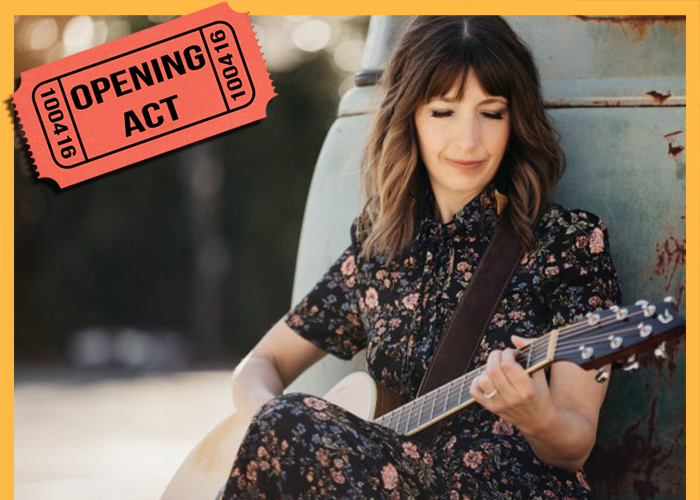
 Artist: Jessi McNeal
Artist: Jessi McNeal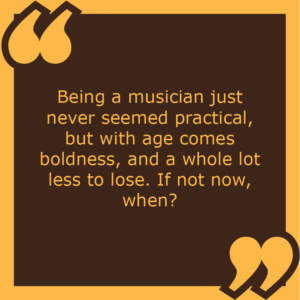 you to experience everything else that you experienced musically before you could fully invest in the sound you’re currently writing and performing in?
you to experience everything else that you experienced musically before you could fully invest in the sound you’re currently writing and performing in? McNeal: I think my favorite lyric from this album is “Now you’re a shadow up against a pink sky” from the title track. I just love lyrics that have visual beauty, and there’s just something about the imagery of an airplane in a sunset sky. To me it’s a symbol of both adventure and loss, hello and goodbye. That’s a big part of what this album is about – the in-between, and that particular song is about the hope of reunion and reconciliation. I love that this lyric holds both beauty and ache – it just feels very true to me.
McNeal: I think my favorite lyric from this album is “Now you’re a shadow up against a pink sky” from the title track. I just love lyrics that have visual beauty, and there’s just something about the imagery of an airplane in a sunset sky. To me it’s a symbol of both adventure and loss, hello and goodbye. That’s a big part of what this album is about – the in-between, and that particular song is about the hope of reunion and reconciliation. I love that this lyric holds both beauty and ache – it just feels very true to me.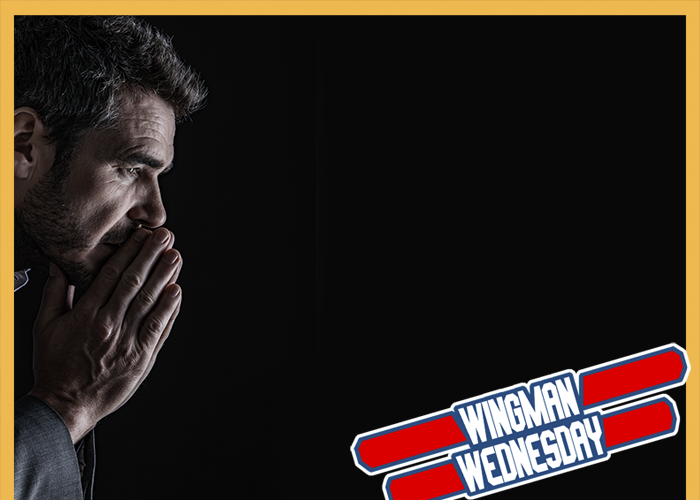

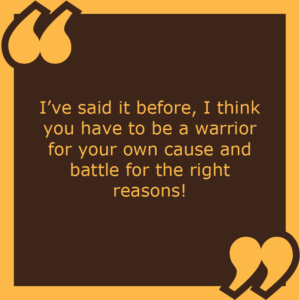
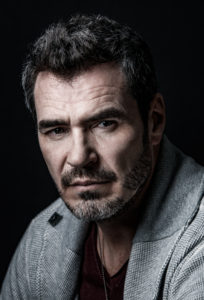
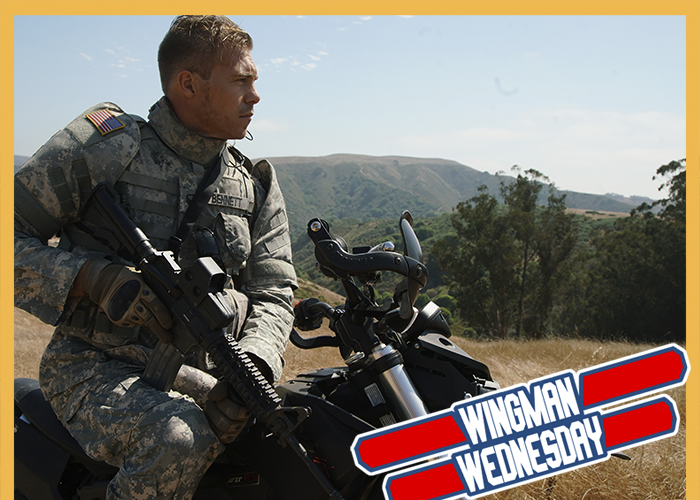

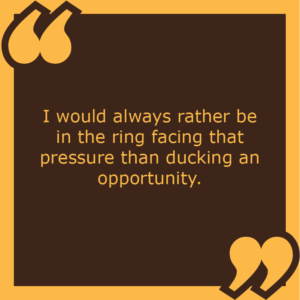
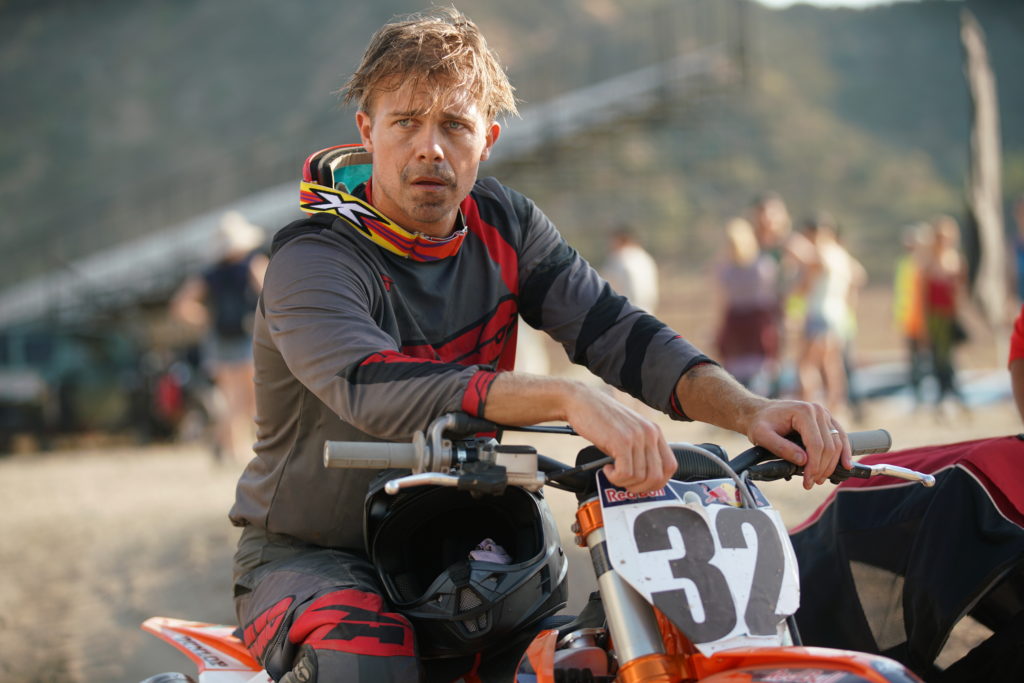
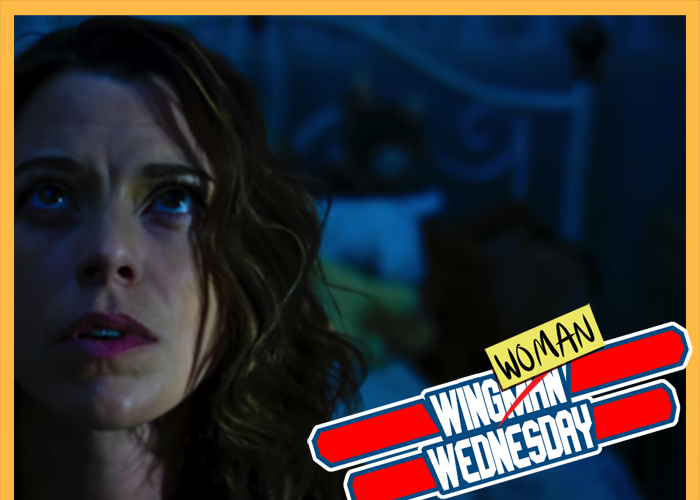

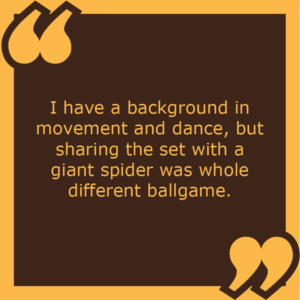
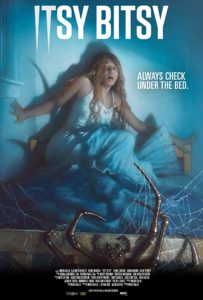 TrunkSpace: What does your absolute BEST best case scenario look like for your career? If you could line up all of the pieces perfectly, what would the future hold for you in terms of acting?
TrunkSpace: What does your absolute BEST best case scenario look like for your career? If you could line up all of the pieces perfectly, what would the future hold for you in terms of acting?

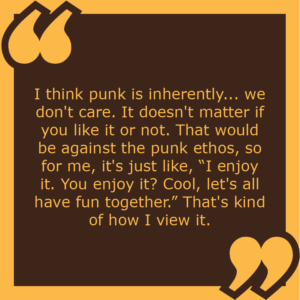
 I hear from artists, on the vulnerable side, be like, “Oh my God, why isn’t it doing well? Why isn’t anyone liking it? Oh my God.” And I kind of get that, in a sense, because once you hit something, you’re like, “Oh, why am I not number one all the time forever?” Because that’s the ridiculous thing for artists to think, but I totally get where they’re coming from because it’s vulnerable. You made this thing. This is your art. This is you putting out your real self, theoretically, or at least your real fun self, or whatever your alter ego is. So I get that. But it does take some pressure off that I’m happy with it because I think that if you’re not happy with it, then, of course, it makes it harder if you’re doubting yourself about your music, and you’re not sure if it’s good, and you care about what other people think. I think punk is inherently… we don’t care. It doesn’t matter if you like it or not. That would be against the punk ethos, so for me, it’s just like, “I enjoy it. You enjoy it? Cool, let’s all have fun together.” That’s kind of how I view it.
I hear from artists, on the vulnerable side, be like, “Oh my God, why isn’t it doing well? Why isn’t anyone liking it? Oh my God.” And I kind of get that, in a sense, because once you hit something, you’re like, “Oh, why am I not number one all the time forever?” Because that’s the ridiculous thing for artists to think, but I totally get where they’re coming from because it’s vulnerable. You made this thing. This is your art. This is you putting out your real self, theoretically, or at least your real fun self, or whatever your alter ego is. So I get that. But it does take some pressure off that I’m happy with it because I think that if you’re not happy with it, then, of course, it makes it harder if you’re doubting yourself about your music, and you’re not sure if it’s good, and you care about what other people think. I think punk is inherently… we don’t care. It doesn’t matter if you like it or not. That would be against the punk ethos, so for me, it’s just like, “I enjoy it. You enjoy it? Cool, let’s all have fun together.” That’s kind of how I view it.